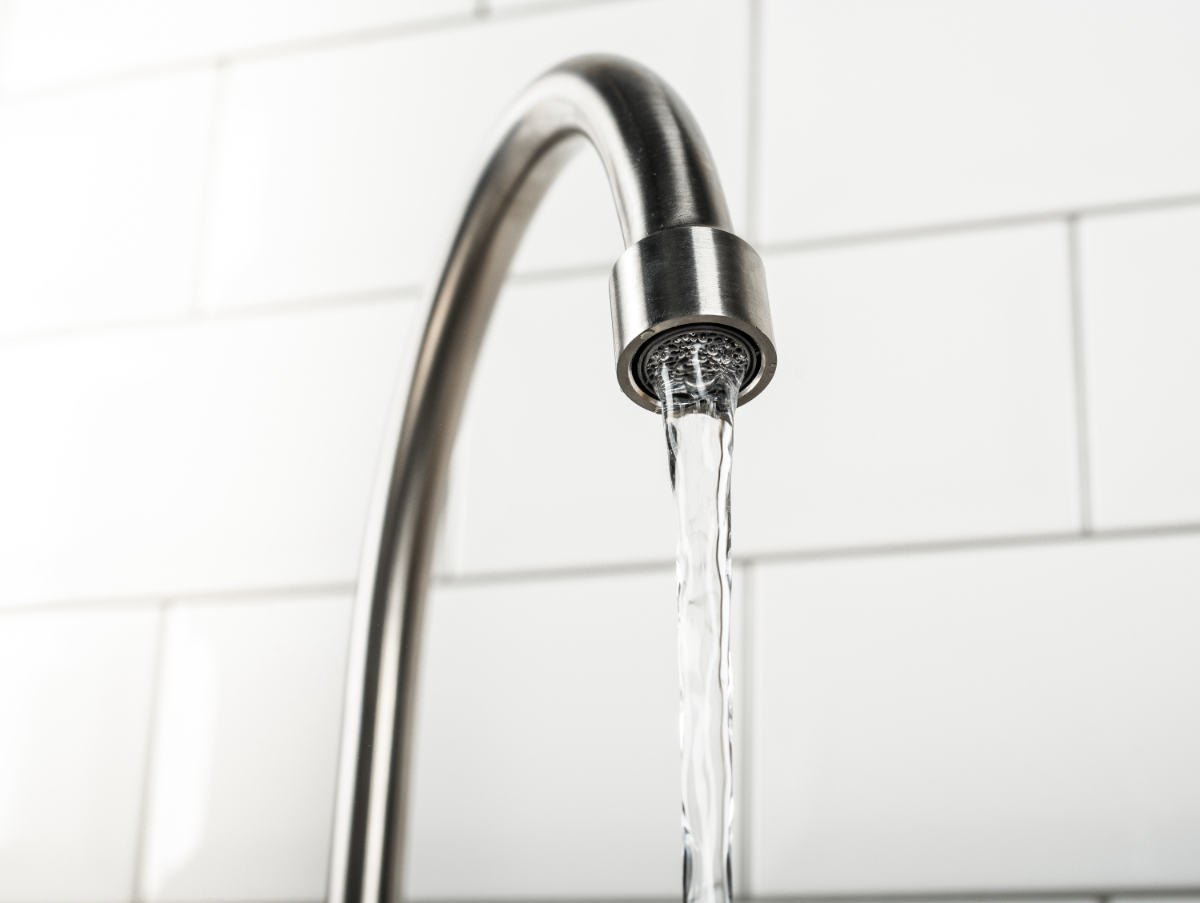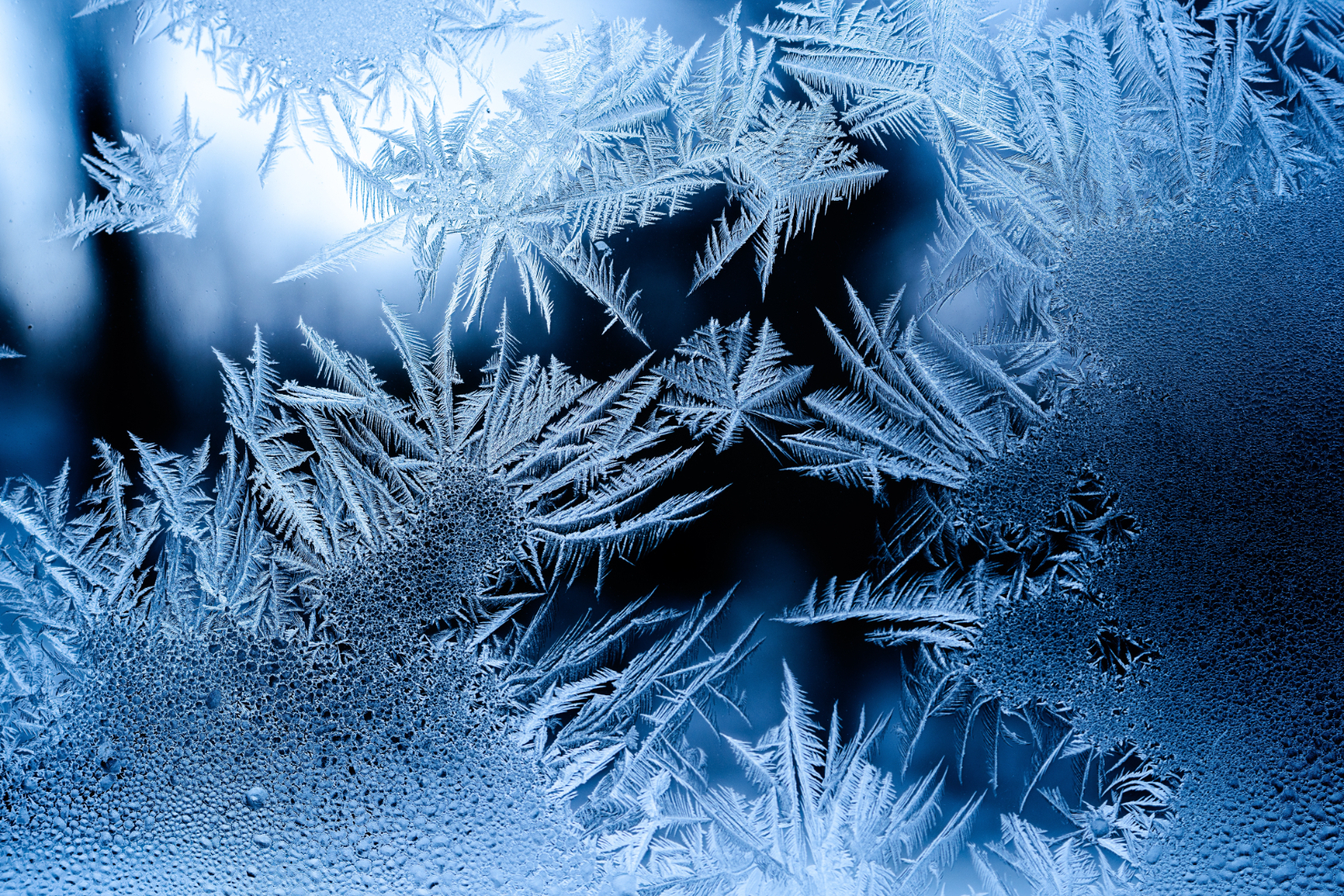How do I deal with a burst or leaking pipe? We look at what causes burst pipes and leaks and what to do if you have a burst pipe.
What Causes Burst Pipes and Leaks?
Burst water pipes are one of the most prevalent plumbing issues, both in the household and in the public system. Freezing temperatures are the most common cause of ruptured pipes.
Frozen temperatures and exposed plumbing are the most frequent causes of burst pipes in your home; this usually occurs when you don't have the proper heat in your home, which includes prohibited regions - a pipe breaks when frozen owing to the expansion of the water as it becomes ice.
This increases pressure on the pipe from the inside, and something has to yield; generally, always, this is the pipe's soft copper or plastic. Since the majority of your home's plumbing is hidden in floors, roof spaces, or walls, these breaks may be disastrous.
Wear and tear on your property's plumbing system is unavoidable over time; this can range from broken pipe joints and overly high water pressure over time to pipe corrosion caused by the chemical makeup of the water. Most of the time, these leaks may be repaired by simply tightening a joint, restoring normal water pressure, or replacing the broken portion of the pipe.
What To Do When You Have A Burst Pipe:
1.Turn Off The Water
A pipe rupture may be a terrifying event, especially if the water is heavy and rapid. It is critical not to panic if a pipe explodes and to remain cool. Being caught off guard by the experience and making incorrect judgements might exacerbate the problem, so it's critical to take a few preliminary actions while you wait for a professional to come. When a pipe explodes in your home, the first thing you should do is cut off the water to stop the flow of the outpouring.
When a pipe breaks, the split might occur anywhere in the pipe, making it difficult to locate the damaged spot as water fills your home. You have two stop taps on your property: one inside your home and one just outside your home at the border of your property; both of these taps may be used to turn off the flow of water altogether.
Internal taps are often found beneath your kitchen sink or in a basement toilet. Turn the tap clockwise to close it and anticlockwise to restart the water supply after you've located it; this will keep the leak from worsening while you take the next measures and call an emergency plumber.
2.Drain The Taps
Most pipe bursts are caused by a build-up of pressure in the pipes, which causes a split in the material, thus emptying the water from the system will assist to release some of that pressure while also reducing the probability of any residual water freezing.
Begin with cold water by turning on all of your cold taps and flushing each toilet many times, then turn off your water boiler and heating system and empty all of your home's hot taps. When all of the water has been emptied from the system, there will be no more fluid in the system to feed the leak, and you may begin the cleaning process.
3.Clean The Area
Gather all of your towels, buckets, and mops and set to work cleaning the area as thoroughly as possible to minimise further damage to your carpets, floors, walls, and furniture. Getting rid of as much water as possible will aid in the prevention of mould and mildew.
4.Turn off The Electrics in The Room
If the leak occurred in a section of the home with a number of electrical appliances, or if the leak is substantial enough that it may readily spread to these places, cut off the electricity to avoid any harm. Likewise, if there are any electrical appliances near the leak - vacuum cleaners, hairdryers, and so on - remove them as well.
5.Warm the Affected Area
Warm up the afflicted region to help dry the space faster and heat up the pipes again. Now that you've drained all of the hot and cold water from your system, you can turn your heat back on and raise the thermostat; you should also open doors to enable warm air to reach the pipes.
6.Photograph the Damage
Now that you've stopped the leak's harm, you may start taking photographs and documenting the damage as proof for your insurance claim; even if you don't need them, having them is always the best bet.
7.Temporarily Fix The Leak
There are a couple of things you can do to temporarily fix the pipe, but only if you are confident enough - if you can find the leak, place a piece of rubber on the hole, followed by a block of wood to keep it in place, and then add a C-clamp to keep it all in place; only do this if you are confident and have the necessary tools.
8.Call an Emergency Plumbing Service
When faced with a burst pipe, the most important thing to do is call an emergency plumber and have them inspect the damage as quickly as possible. Emergency plumbers will be quite familiar with these difficulties and will be able to repair your pipes before you realise it. When the safety of your house and assets is jeopardised, it is critical to contact specialists to resolve the problem and prevent it from happening again.
You can temporarily help the situation by taking the steps listed above, but only an emergency plumber with relevant experience will be able to resolve the issue and advise you on how to avoid the situation recurring; attempting to completely fix the problem yourself may make the problem worse, which you want to avoid at all costs.
How to Spot a Leak

If wet spots or damp patches emerge on walls or ceilings, alarm bells should start ringing. If you see any new wet spots, it's critical to have them checked out right immediately; if the damp is rising up from the floor, it's vital to take urgent action - any extended saturation can undermine the foundations of your home over time.
A musky odour, spots of black mould, or discolouration on the walls may indicate a modest to moderate leak in your property. Mould thrives in humid environments, therefore if pipes leak in a warm section of the house, mould might emerge within 24-48 hours. It's critical to keep an eye on this and get it checked and cleaned often since hazardous spores that might harm your health can accumulate in just three days if left unattended.
Even if your usage is regular, you should be worried if sizable water suddenly emerges out of nowhere or if the total frequently exceeds your projections. If none of the leak signs is present in your house, it is conceivable that there is a larger leak on the external pipes connecting your house to the mains supply; a glaring sign of this is a substantial drop in water pressure or no water running out of the taps at all.
How to Prevent your Pipes from Bursting Again

By turning on taps and letting water flow steadily out, you may avert this kind of damage from happening during cold spells. This will keep water flowing through the pipes and prevent a buildup of pressure. You may avoid frozen pipes by using foam pipe sleeves to insulate any exposed water pipes, as these are particularly vulnerable.
Check for traces of previously frozen pipes in your home's external walls, and if you notice mould, for example, a frozen pipe might be the source of the problem. The most likely source of this sort of damage is, once again, inadequate insulation around the pipes; rather than waiting for a pipe to burst and cause major damage, it is preferable to simply bring in a professional who can open up the wall and enhance the insulation very cheaply.
Do you need an emergency plumber in Hackney and East London?
Contact us for plumbing services in Docklands, Waltham Forest, Tower Hamlets, Lewisham, Newham, Hackney, Southwark or Greenwich.

